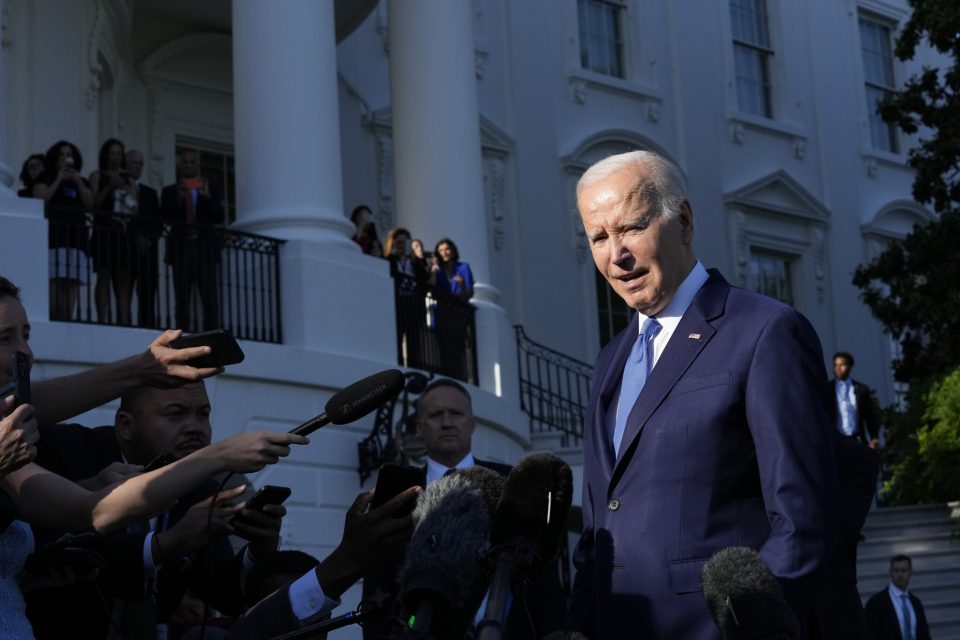US President Joe Biden and House Speaker Kevin McCarthy have agreed on a deal, just days before the deadline, to suspend the US debt ceiling after weeks of long, inconclusive talks, potentially averting a default. The deal allows both sides to claim a victory of sorts, along with compromises. Some demands from both camps were rejected.
The 99-page agreement, released on Sunday, still needs to be approved by the Republican-led House of Representatives and the Democrats-led Senate in a vote scheduled on Wednesday subject to scrutiny and debate. Both sides are confident it will pass.
Under the deal, a new bill will be passed known as the Fiscal Responsibility Act of 2023. The bill provides for a suspension of the debt ceiling of $31.4 trillion for two years, until after the November 2024 presidential election. Till then, the government can keep borrowing to fund itself.
Here are the key points of the deal.
IRS
The budget allotted for the expansion of the Internal Revenue Service (IRS) is reduced as part of the agreement. Congress budgeted $80 billion for the IRS to increase tax enforcement last year. The debt ceiling agreement frees up $10 billion for other purposes.
The White House stated that increasing the number of IRS employees would ensure that the super-rich paid their taxes, hence increasing income. Republicans, on the other hand, said that this would increase tax burdens on middle-class Americans.
Covid Funds
The agreement would also return part of the funds that Congress appropriated for the coronavirus outbreak but did not use. The agreement will cancel billions of dollars in unspent Covid funds, including those set aside for disaster relief.
Medicaid, the government’s healthcare programme for the most vulnerable Americans, will remain unchanged.
Work requirements
The Democrats compromised on the work requirements for people who are receiving federal food assistance or on family welfare.
Biden has agreed to increase the age at which able-bodied adults without dependents will be required to work to receive food stamps under the Supplemental Nutrition Assistance Program (SNAP). The age limit has been raised from 49 to 54.
The deal relaxes the requirements for veterans and the homeless. These changes are in effect till 2023, unless renewed.
Energy Projects approval
The Republican demand for a more efficient approval mechanism for energy projects has been approved. According to the deal, a single lead agency would be tasked with generating a single review document without affecting the broad breadth of the present review process.
Spending Cap
The White House has agreed to cap non-defence discretionary spending at 2023 levels holding non-military spending roughly flat for the 2024 fiscal year and increase it by 1% the year after.
The agreement preserves plans by the Biden administration to increase spending for the military and veterans in line with inflation as well.
Biden’s student debt waiver scheme, Social Security and Medicare are exempt from spending cuts.
 Live
Live

